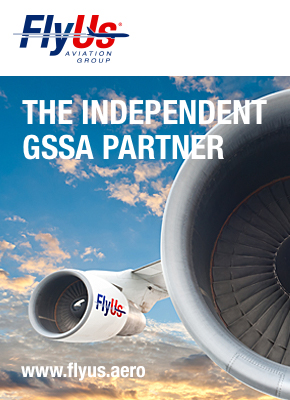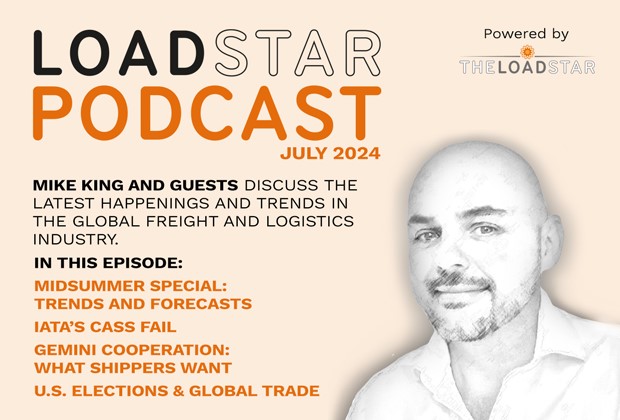
© Khunaspix Dreamstime.
Oh dear. Air cargo has hit the mainstream headlines again. But not in the way that everybody wanted. While the industry’s sterling relief efforts in Japan have gone largely unreported, a fake bomb – with no explosives – on a UPS aircraft going from the UK to Istanbul has topped the media bill.
UPS, which operates out of East Midlands and Stansted, was given the fake bomb in a cake box at one of its offices in North London two weeks ago. It was discovered in Turkey.
And now of course, every politician looking for a headline wants to see security on freighters tightened again.
Leading the charge in the UK is one Keith Vaz MP, a politician of some notoriety who has, in a checkered career, been suspended once and accused of financial wrongdoing on several occasions. Not that that is relevant. Just that the calibre of politician playing hard and fast with the air cargo industry’s future is not the highest.
Meanwhile Patrick Mercer MP is clearly blaming UPS and “private airlines”, suggesting that they have an interest in bending the rules.
“There have now been two incidents involving UPS and there is a clear risk that a viable device will get through unless action is taken,” he said. “There has got to be a very close look at security screening by private airlines as there is an obvious loophole here.”
The Loadstar can’t comment on UPS’s security procedures. But it would be true to say that airlines not only know more about aviation and cargo security than the average politician, but that they also have a greater interest in getting it right. The fact that the integrators take packages and are therefore easy targets, and that both Fedex and TNT have faced similar incidents, hasn’t been noted by politicians quick to cast aspersions on UPS.
The other fact to note is that in all of these cases, nothing actually happened. There was no explosion, no destruction, no death. The devices were found in time, or found to be fake. Surely that suggests that the security procedures and intelligence are, to a large extent, working. Of course, every “incident” provides airlines with an opportunity to learn and develop improvements.
But, this is also a time, surely, for industry bodies such as TIACA or IATA to step in. They need to convince the authorities that airlines are knowledgable, trustworthy, have a keen interest in the security of their employees, assets and hubs, and want to work together with the authorities. Not be further regulated by those who have little or no knowledge of the industry. Let’s hope, then, that the industry bodies are already lobbying, working on the behalf of the airlines and their security. And working on improving their image, while keeping ignorant politicians at bay.







